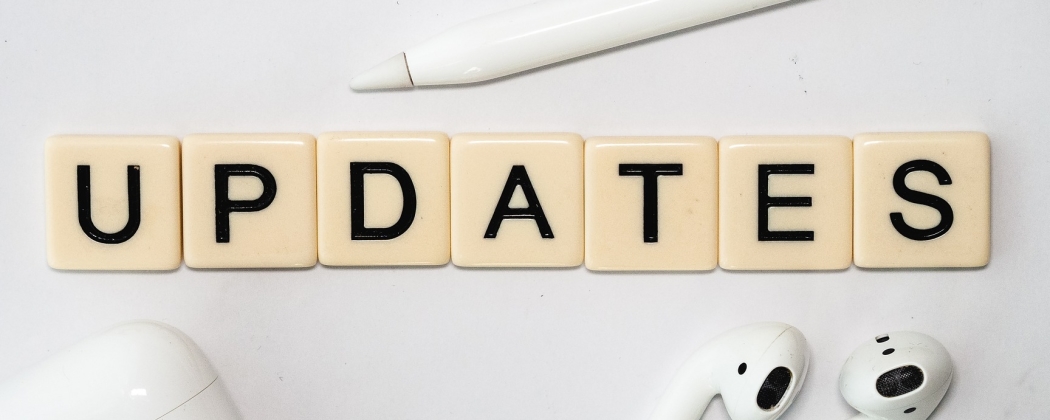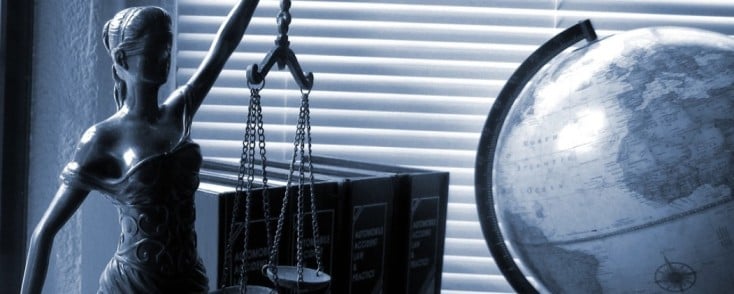This month:
- Australia
- Bosnia
- China
- France
- Germany
- EU sanctions
- South-Korea
- International Criminal Court
- Lebanon Tribunal
Australia
On 4 January, the Office of the Special Investigator was established. It will assess and examine the findings of the Afghanistan Inquiry on rumours and allegations relating to the conduct of Australia’s Special Forces in Afghanistan between 2005 and 2016. The office will address the potential criminal matters and investigate allegations, gather evidence and where appropriate, refer cases to the prosecutor.
Bosnia
China
On 25 February, the Dutch parliament passed a non-binding motion stipulating that the treatment of the Uyghur Muslim minority in China amounts to genocide. The move followed a similar non-binding motion that was adopted by the Canadian parliament, as well as the official stance of the United States.
EU Global Human Rights Regime
- On 2 March, the EU imposed sanctions on four Russian officials, a move in response to the jailing of Alexei Navalny. Navalny was arrested in January on his return from Germany following treatment for poisoning with a military-grade nerve agent. He was jailed on Feb. 2 for parole violations on what he says were politically motivated charges;
- On 22 March, the EU imposed restrictive measures on eleven individuals and four entities responsible for serious human rights violations and abuses in various countries around the world. The sanctions signal the EU’s strong determination to stand up for human rights and to take tangible action against those responsible for violations and abuses. The sanctions target the large-scale arbitrary detentions of Uyghurs in Xinjiang in China, repression in the Democratic People’s Republic of Korea, extrajudicial killings and enforced disappearances in Libya, torture and repression against LGBTI persons and political opponents in Chechnya in Russia, and torture, extrajudicial, summary or arbitrary executions and killings in South Sudan and Eritrea. The listed individuals and entities are subject to an asset freeze in the EU. In addition, listed individuals are subject to a travel ban to the EU. Moreover, persons and entities in the EU are prohibited from making funds available, either directly or indirectly, to those listed.
France
- In France, lawyers representing survivors of a chemical weapons attack in 2013 in Syria have filed a criminal complaint against Syrian officials. Investigating judges in France have a mandate to determine whether crimes against humanity were committed anywhere in the world. Earlier, a similar complaint was filed in Germany. A UN investigation to identify those behind chemical weapons attacks in Syria concluded in 2016 that Syrian government forces had used chlorine and sarin gas;
- A report by French historians has been released on the French role with regard to the 1994 Rwanda genocide. Though no evidence was found of complicity, the report emphasises that the French government had been blind to the genocide preparations. The report also addresses the French role in letting perpetrators flee to the neighbouring DRC. The report was written after president Macron ordered it 2 years ago and permitted the researchers to gain access to presidential, diplomatic, military and intelligence archives.
On 28 January, a German court ruled that foreign soldiers are not protected from prosecution for war crimes in Germany and that they cannot invoke a right to immunity. The case is likely to have far-reaching repercussions in other proceedings.
International Criminal Court
South Korea
On 8 January, a South Korean court ordered Japan to financially compensate 12 South Korean women for forced work as sex slaves for Japanese troops during World War II. The court ruled the Japanese government must give $91,360 each to the 12 aging victims, of which 7 have died while waiting for the ruling.
Lebanon Tribunal
On 25 January, the UN extended its mandate from 1 March 2021 for either a further period of two years, or until the completion of the cases or the exhaustion of available funds.




